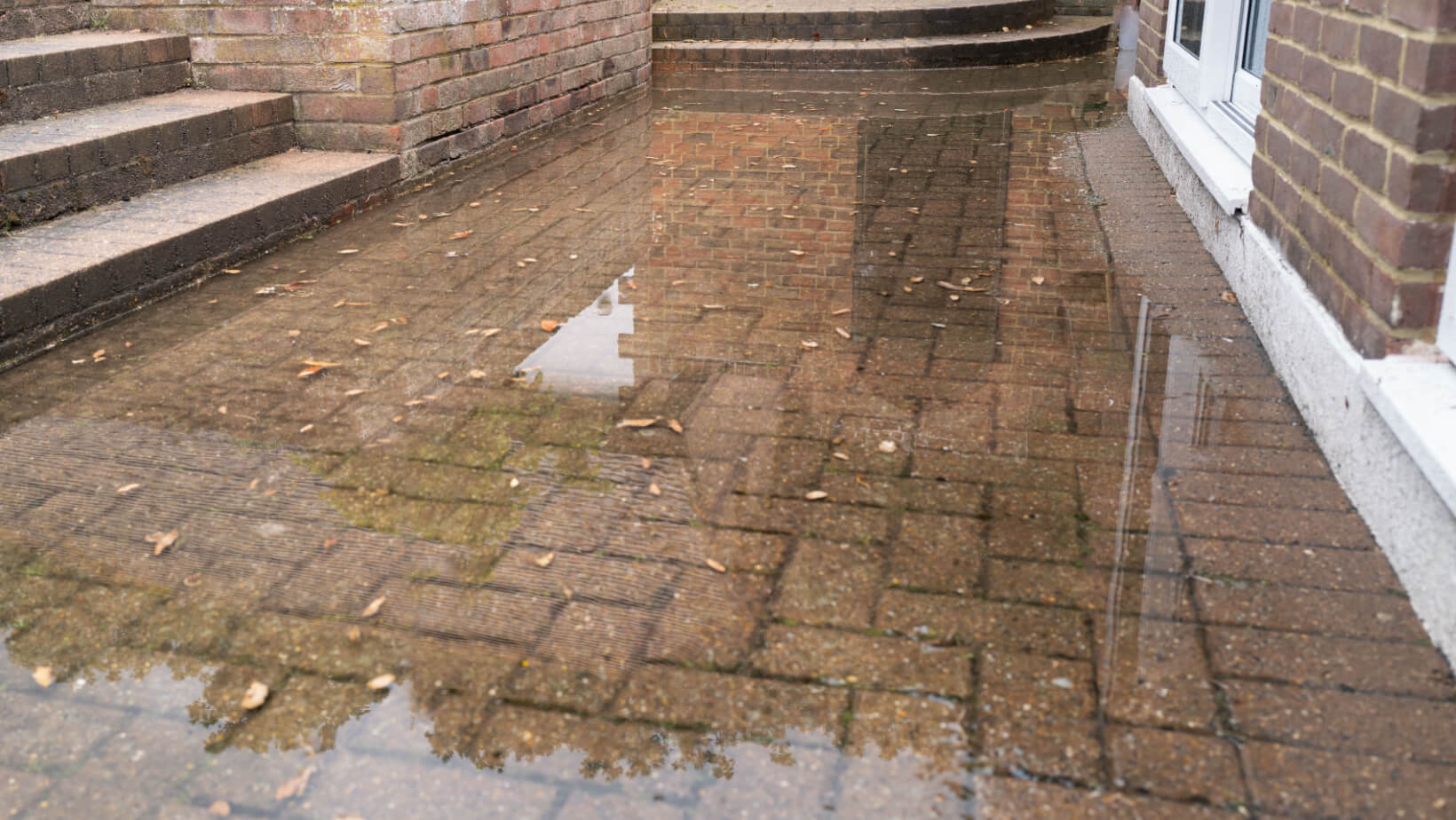
In the heart of Houston, where the climate and soil conditions can pose unique challenges to homeowners, safeguarding your property’s foundation is paramount. With the potential for soil expansion, poor drainage, and heavy rainfall, understanding and implementing effective foundation drainage solutions is a crucial step in maintaining the structural integrity of your home. In this comprehensive guide, we’ll explore the importance of foundation drainage, common issues faced by Houston homeowners, and actionable tips to ensure your foundation remains stable and secure.
The Significance of Foundation Drainage
Foundation drainage refers to the system of techniques and structures designed to manage water flow around your home’s foundation. Houston’s climate, characterized by hot and humid weather, coupled with its expansive clay soils, creates a unique set of challenges for homeowners. During periods of heavy rainfall, the clay soils can expand, exerting pressure against your foundation walls. Conversely, in dry periods, the soils can shrink, potentially causing foundation settlement. An effective foundation drainage system is essential to counteract these effects and maintain your home’s structural integrity.
Common Foundation Drainage Issues in Houston
Soil Expansion and Contraction: The expansive clay soils in Houston can lead to constant foundation movement. As these soils absorb water, they swell, exerting pressure on your foundation walls. Conversely, in drier times, the soils contract, creating voids beneath the foundation. This continuous movement can result in cracks and uneven settling.
Poorly Draining Soils: Some areas in Houston have soils with poor drainage properties. This can lead to water pooling around your foundation, increasing the risk of erosion and foundation instability.
Improper Grading: Incorrectly sloped landscapes can direct water toward your home instead of away from it. This can result in excess water accumulating around the foundation, leading to water infiltration and potential damage.
Excessive Rainfall and Flooding: Houston is no stranger to heavy rain and flooding. Inadequate drainage can cause water to accumulate around your foundation, potentially causing hydrostatic pressure that can crack your foundation walls.
Detecting Foundation Drainage Issues
Recognizing the signs of foundation drainage problems early can save you time, money, and stress. Keep an eye out for:
Cracks in Walls and Floors: Cracks in your interior and exterior walls, as well as your floors, can indicate shifting due to poor drainage.
Uneven Floors: Floors that are no longer level or have a noticeable slope could be a result of foundation movement caused by improper drainage.
Sticking Doors and Windows: Misaligned doors and windows that are difficult to open or close could indicate underlying drainage issues.
Water Accumulation: Puddles of water or excessive moisture around your foundation, especially after heavy rainfall, can indicate poor drainage and the potential for further foundation problems.
Effective Foundation Drainage Solutions
Surface Drainage Techniques: Installing gutters and downspouts, grading the landscape away from the foundation, and creating swales are effective techniques to manage surface water.
Subsurface Drainage Techniques: French drains and perforated pipes can efficiently redirect underground water away from your foundation, preventing soil saturation and potential movement.
Sump Pump Systems: Sump pumps are essential for homes prone to basement flooding. They collect and pump out water that accumulates in a sump pit, preventing water from seeping into your foundation.
French Drains: French drains, consisting of gravel and a perforated pipe, effectively divert water away from your foundation, safeguarding against water-induced foundation issues.
DIY Foundation Drainage Maintenance
Gutter and Downspout Maintenance: Regularly clean and inspect your gutters and downspouts to ensure proper water flow, preventing overflow that could contribute to foundation problems.
Regular Grading Checks: Periodically assess the grading around your home, ensuring that the landscape slopes away from the foundation to prevent water accumulation.
Proper Landscaping Practices: Choose plants and trees with non-invasive root systems that won’t disrupt your foundation’s stability.
Avoiding Over-Watering: Excessive irrigation can lead to oversaturated soils, causing swelling and pressure against your foundation. Use a controlled watering schedule to avoid this.
Seeking Professional Help
When DIY efforts aren’t sufficient, consulting a professional foundation drainage contractor such as Entire Home Service, is advisable. We can conduct a thorough inspection, provide tailored solutions, and ensure your drainage system meets Houston’s specific requirements.
Conclusion
Foundation drainage is a critical aspect of maintaining your Houston home’s structural integrity. By understanding the challenges posed by the city’s climate and soil conditions, recognizing signs of drainage issues, and implementing effective solutions, you can protect your investment and enjoy peace of mind. Whether you’re taking proactive measures or addressing existing problems, prioritizing foundation drainage will ensure your Houston home stands strong against the test of time.
Request A Quote
continue reading
